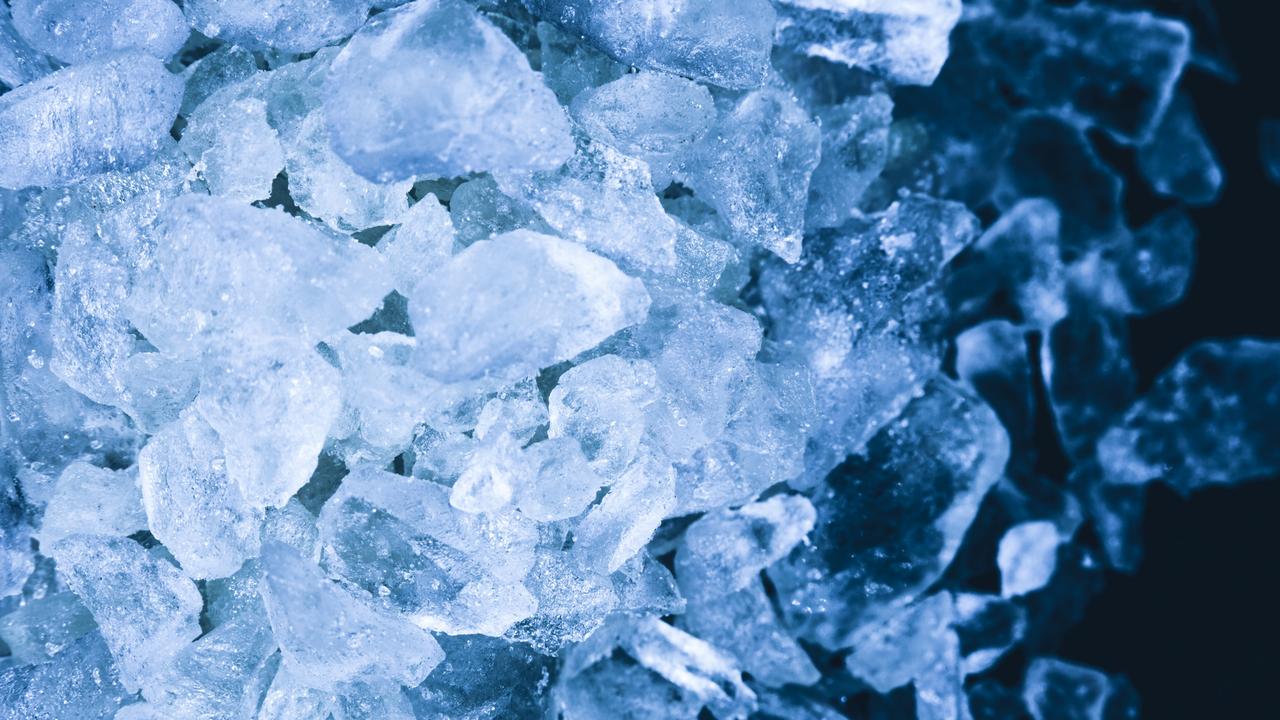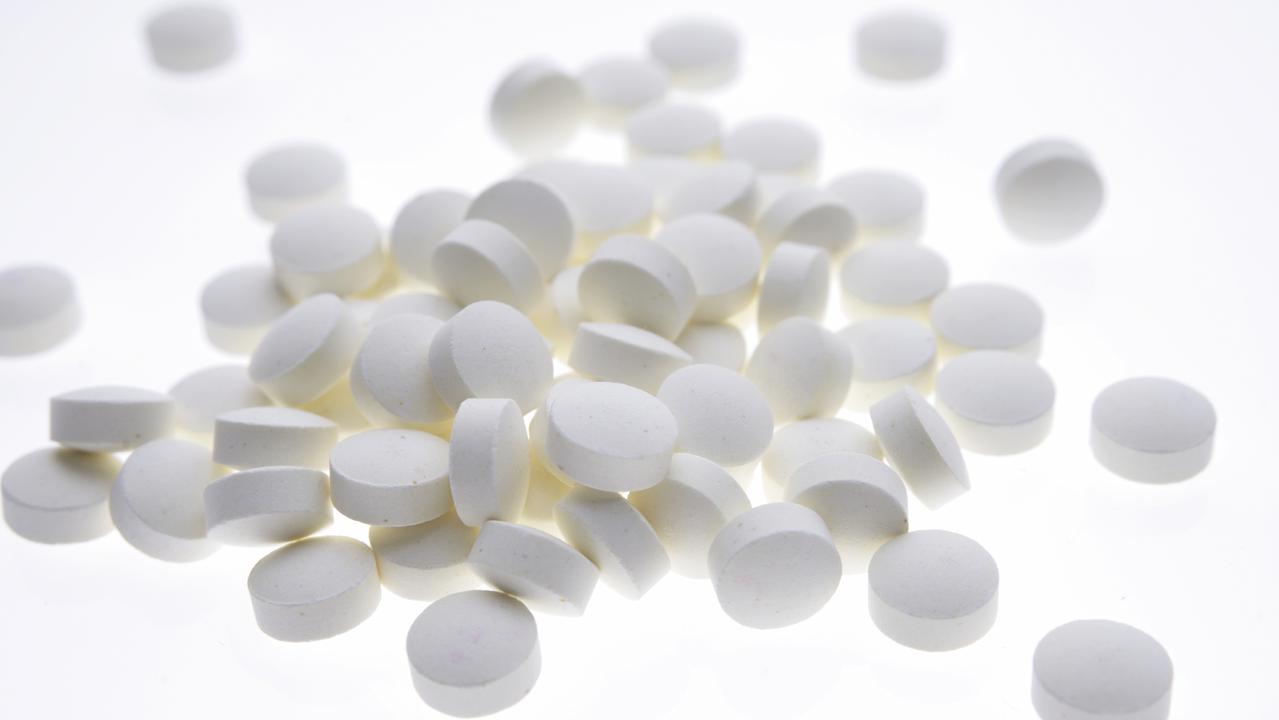Health authorities have issued a stark warning after one drug was linked to a number of hospitalisations from just one music festival.
Health authorities have issued a stark warning after one drug was linked to a number of hospitalisations from just one music festival.
More than 130 people were treated by medics at the venue with complaints related to drug use and heat exhaustion, according to a statement from NSW Police on Monday.
On Friday, NSW Health revealed a panel of toxicology experts had determined MDMA – or ecstasy – was the “cause of toxicity” in the patients admitted to hospital.
The department said there was no evidence the drugs were from a “bad batch” as no contaminants or other substances were detected in patients’ tests.
But NSW Poisons Information Centre medical director Dr Darren Roberts said though taking one dose of MDMA is enough for some to “experience toxicity”, the risk is “much greater” if multiple doses are consumed in a short period or time or with other drugs.

Kieran Ngo, 26, died from a suspected drug overdose just hours after attending Transmission Festival in Sydney Picture: Facebook.
“The high temperatures are also likely to have contributed to the high numbers of critically unwell patients at last weekend’s music festival,” he said.
Dr Roberts said MDMA can cause severe agitation, raised body temperature, seizures or fits, heart rhythm problems, and death, and noted the amount of drug in a tablet or capsule can “vary substantially, even within the same batch”.
The National Drug and Alcohol Research Centre (NDARC) from of the University of New South Wales warns ecstasy may also contain stimulants and hallucinogens, and that the drug can be “unpredictable and dangerous” if mixed with other substances.

However, the centre’s annual Ecstasy and Related Drugs Reporting System (ERDRS) report found a significant decline in ecstasy use by the 700 respondents interviewed nationwide – from 95 per cent in 2021 to 88 per cent in 2022.
According to the annual report, this is the lowest percentage of recent ecstasy use observed by the ERDRS since it started monitoring in 2003 – a shift NDARC director Michael Farrell says is due to the impact of Covid and the lack of mass gatherings over the past two years
“The view is that people are taking it in social settings and the restriction on those social settings had an influence on people not having opportunities to do that,” he said.
“We’re obviously over that (lockdown) and the interesting thing will be what the pattern is this year.”
Professor Farrell said the other interesting thing was the “shift in formulation” with more capsules being consumed (making up 56 per cent of ecstasy used) than crystals (43 per cent), pills (37 per cent) or powders (23 per cent).

MDMA is most commonly consumed as capsules, crystal, pills, or powder.
Ecstasy was also reported as more difficult to obtain than ever before.
Almost half (49 per cent) of all participants reported it was “easy” or “very easy” to obtain ecstasy capsules, a decrease from 76 per cent in 2021.
Nonetheless, researchers found ecstasy to be the most common stimulant detected in almost six in ten (56 per cent) of all non-fatal stimulant overdoses reported in the 12 months to 2022 – 87 per cent of which reported that they did not receive treatment or assistance.
Professor Farrell said the incidents of toxicity at the Transmission Festival may have been linked to there being an “availability of really high concentration MDMA”
“In the past when there’s been a dip in consumption … there was a decrease in purity. But that’s not what we’re hearing now,” he said.
“You have to appreciate this is low-level consumption, episodic consumption, it’s not a regular day-to-day type of thing so there are possibly adverse effects from that sporadic high dosage in particular settings.”
But he said determining rates of overdose in stimulants was “more complicated” than other substances, because researchers were “never quite sure” what is an overdose or idiosyncratic reactions – effects that cannot be explained by the known effects of the offending substance.

But NSW Health has warned it is important to seek assistance if you or a loved one are under the influence of drugs and are feeling unwell.
“It is very important to remember if you or a friend has taken drugs and feel unwell you won’t get into trouble for seeking medical care,” Dr Roberts said.
“If you feel unwell, or if a friend feels unwell, please seek help immediately.”
For more information about staying safe at festivals, including the warning signs to seek help, see: stayok.nsw.gov.au


Leave a Reply